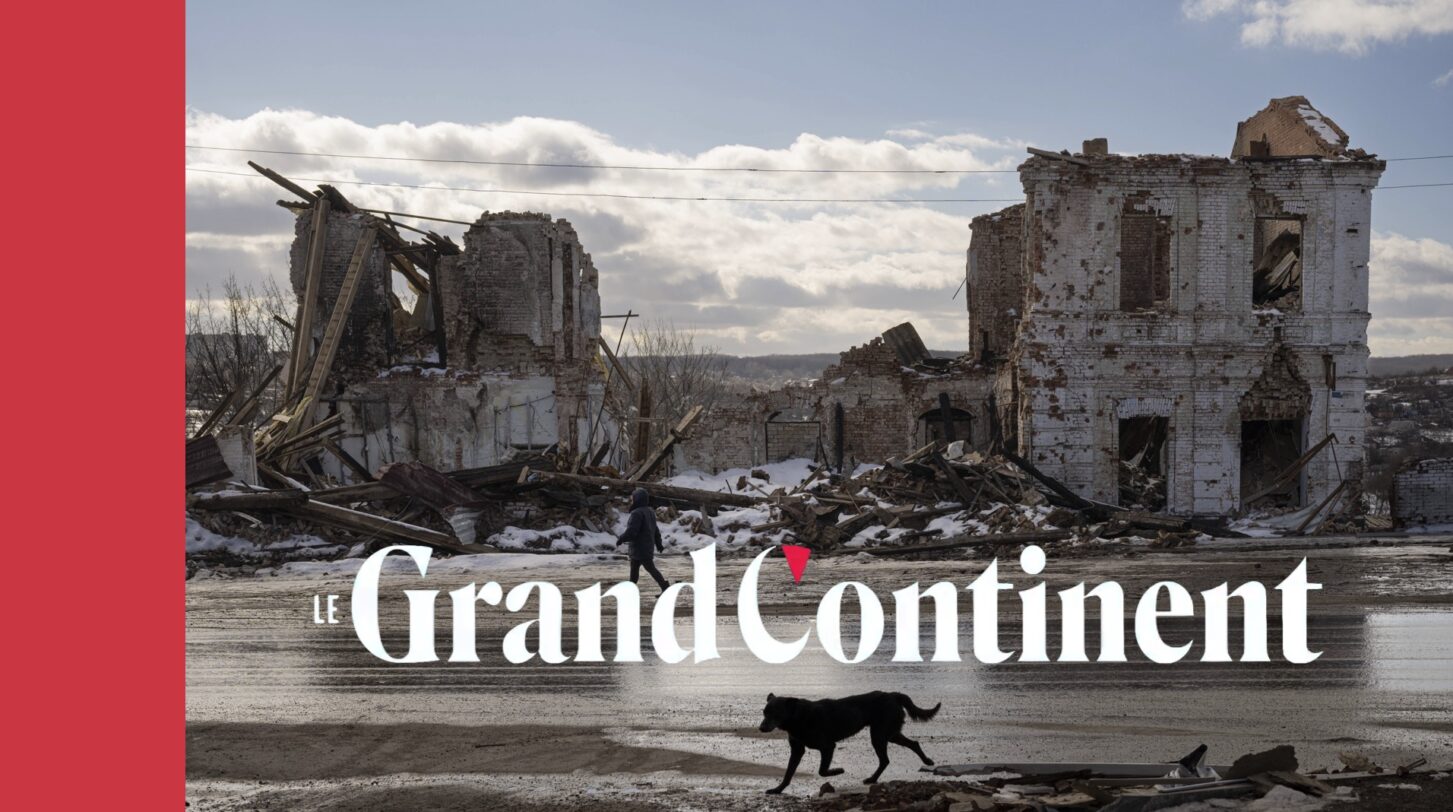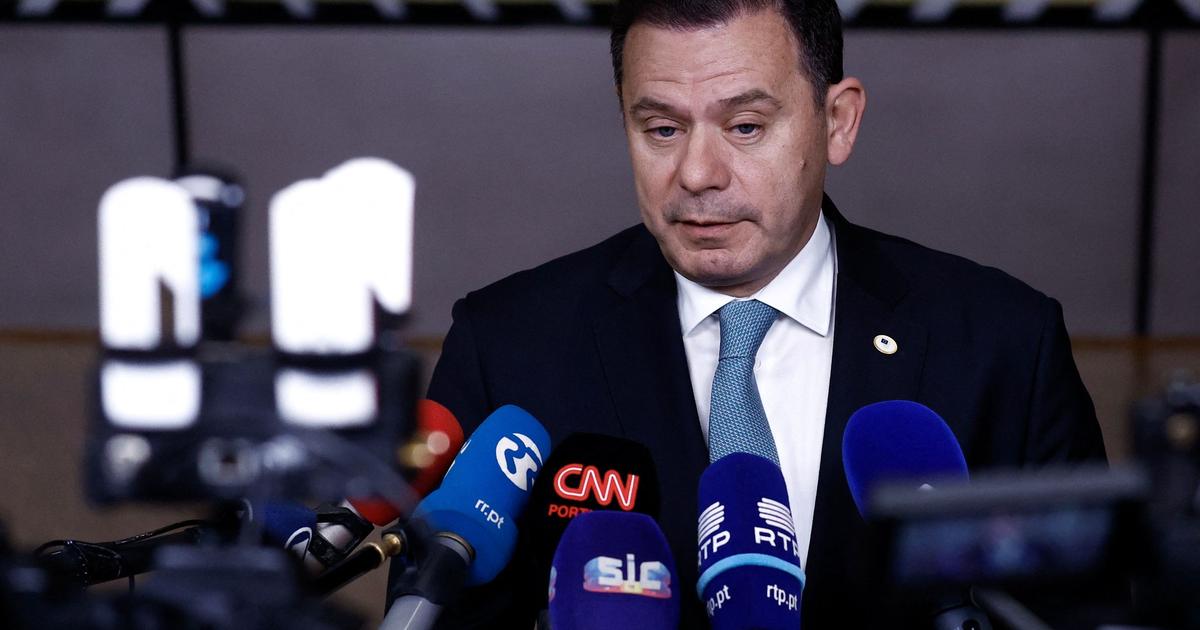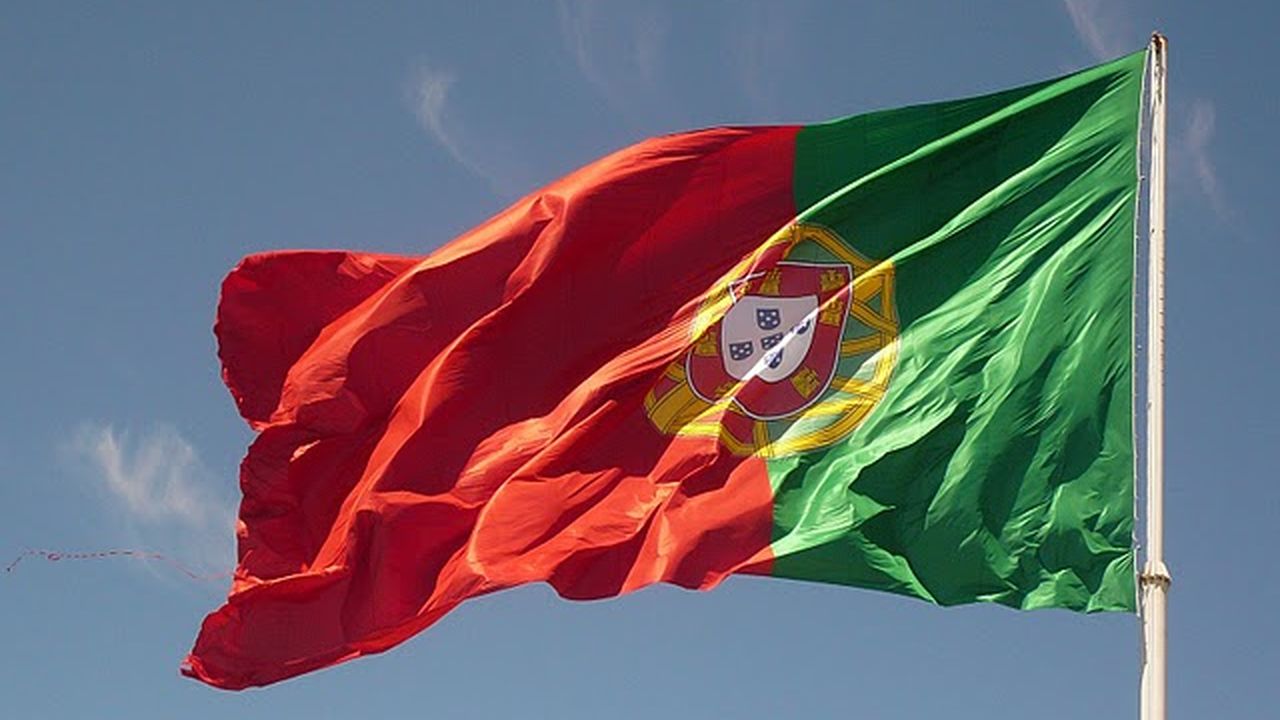
A recent series of polls conducted by Datapraxis, YouGov, and Gallup allow two insights into Moscow’s role in the war against Ukraine as well as relations with Russia. While most of these indicators confirm an underlying trend, there are still significant differences – particularly within the “cluster” that includes Turkey, China and India.
- The majority of respondents in Western countries (United States, Great Britain and 9 EU member states: Denmark, France, Germany, Italy, Poland, Portugal, Romania, Spain and Estonia) consider Russia an “adversary”.
- In India and China, 80% and 79% of the population, respectively, see Moscow as an “ally” or “necessary partner”.
- Public opinion is more divided in Turkey and reflects the position of the Erdogan government regarding Russia’s war against Ukraine: condemning some Russian actions (notably the annexation of four Ukrainian regions in September) and voting for anti-Russian resolutions at the UN, while continuing. To discuss regularly with Putin and refuse to implement sanctions.
This ambiguity also exists in the Turkish population’s view of the outcome of the war. Nearly half of the Turkish citizens surveyed (48%) consider that “the conflict should end as soon as possible, even if this means that Ukraine should cede control of certain regions to Russia,” the highest proportion after India (54 %). However, the latter adhere only slightly (8%) to the thesis that “Western world domination must be rejected, even if it means accepting Russian territorial aggression against Ukraine.”
In general, public opinion is deeply divided on the meaning of war as well as on the global balance that will result from it.
- This trend is not unique to Turkey, it also affects Western countries, a large percentage of which (28% for Americans, 34% for Europeans and 39% for Britons) do not know what the world of Turkey will look like. from now on.
- While the Russians (33%) and the Chinese (30%) lean more towards a “fairer distribution of global power among multiple states,” the latter sees a scenario in which Beijing exercises global hegemony as likely.
- Like the Europeans, the British, and the Americans, the Chinese surveyed do not believe that another hegemonic power will emerge (4%), or that the world will still be dominated by the United States within a decade (6%).
China mainly views US (45%) and European (40%) support for Ukraine as “defending Western hegemony”. If this view is found in Turkey and Russia, the only non-Western country that regards it above all as a defense of Ukraine as a democracy is India – but in a much more significant proportion for Europeans (36%) than for Americans (28%).
India (now the most populous country in the world, and whose economy is expected to grow faster than China in 2023 and 2024) sees Russia (51%) more as an ally than the US (47%) or the EU (35%) Which reflects the position defended by Narendra Modi (a call for peace but a celebration of friendship between the two countries). The sanctions against Moscow have made India a major trading partner for Russia, which is now the third largest importer of Russian hydrocarbons by value (after China and the Union). Before February 2022, India hardly imported any hydrocarbons from Russia.






